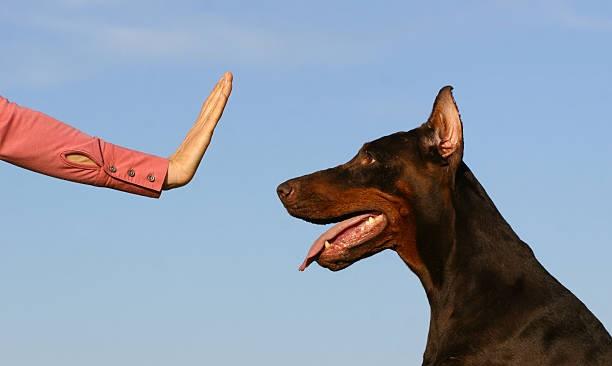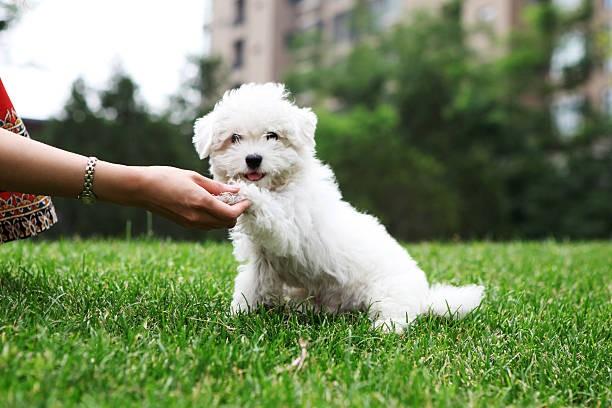
2 minute read
The Benefits of Puppy Training and Socialization
Puppy training and socialization are essential for your dog's development. Without proper training and experience, your dog could grow up to be aggressive, fearful, or withdrawn around strangers. In addition to preventing these behaviors, socialization can also help your dog enjoy new situations and environments, including veterinary visits, grooming, and public places like the city sidewalk.
When introducing your puppy to strangers, start with just one person at a time and gradually increase the number of people involved. Be sure to reward the encounter with treats, praise and love as you proceed.
Advertisement
Puppies should meet a variety of different people, including those with unique clothing and accessories. They should also have the opportunity to see people of all races, ages, and cultures.
Your puppy should also get the chance to interact with other animals ranging from small babies to big dogs and cats. This is a critical part of your puppy's development and will set the tone for their relationship with other animals, even into adulthood.
A well-socialized puppy is a calm, confident and happy dog that can thrive with you and your family.
During the critical socialization period, from 8 weeks to 16 weeks of age, your puppy learns about the world and their role in it. This is an exciting time, but can also be overwhelming for both of you.
By taking your pup to puppy classes, you can help ensure that they have the best possible start in their life with humans and other animals. These sessions are safe and a great way to build trust between you and your dog, which is critical for their health and happiness.
Once your pup has gotten comfortable with people, you can slowly introduce them to other animals, such as other dogs and cats. Be sure to make the introductions in a controlled environment, such as your home or a doggy daycare.
Take your puppy for walks to expose them to sights, sounds and smells of the surrounding environment. When you take them out, try to take them to areas where there are lots of different people and animals, such as parks, grocery stores, beaches or playgrounds.

Your puppy should be introduced to a wide range of sounds as well, such as doorbells, sirens, fireworks and loud trucks. By playing recordings of these sounds, you can help your puppy desensitize them to them and help them overcome any fear they may have.
To minimize your puppy's exposure to potential diseases, you should avoid exposing them to areas where many other dogs have pooped and peed. For example, if your puppy hasn't had their full vaccinations yet, it's not a good idea to let them roam the streets or visit a busy park.
When you do socialize your dog, it's important to remember that puppies don't have a fully developed sense of smell or hearing yet. So it's a good idea to take them out into the rain or snow, or on quiet trails so they can experience both the scent and sound of the environment.



